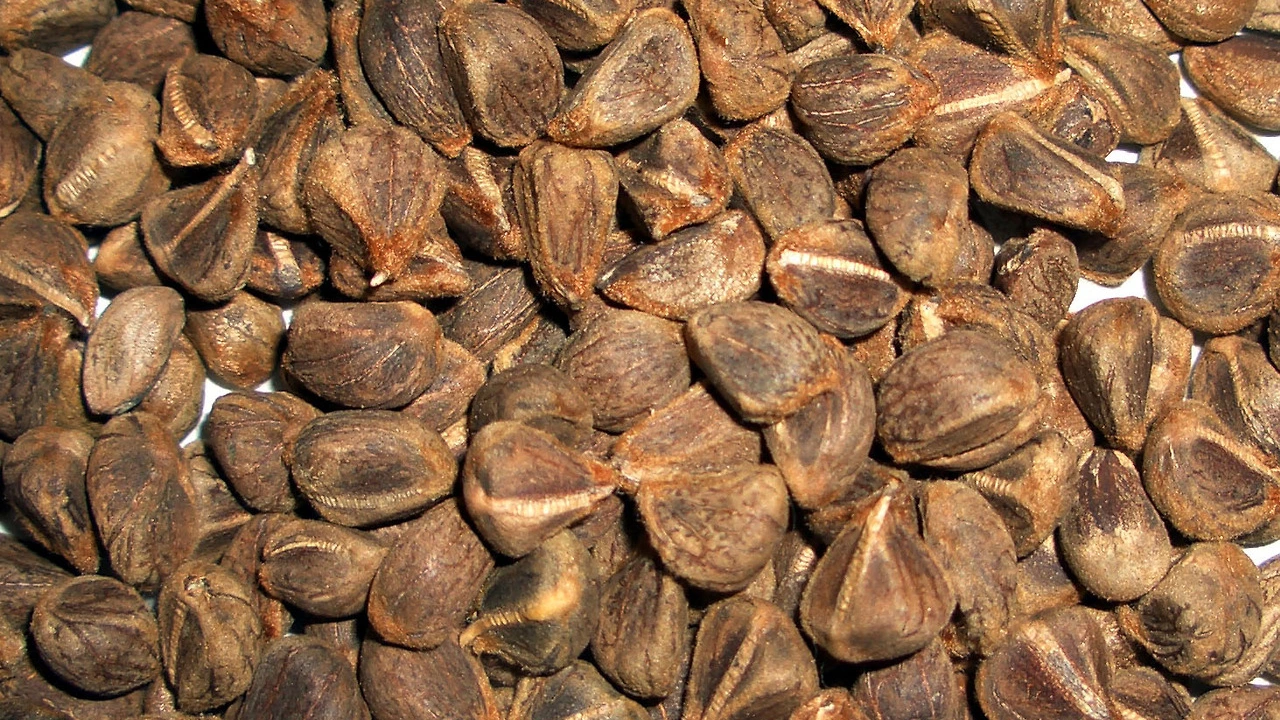Argyreia nervosa is a tropical climbing plant native to India but grown in many warm places. People have used its seeds in traditional medicine and ritual for centuries.
What’s in the seeds: The hard seeds contain ergoline alkaloids, mainly LSA (lysergic acid amide). LSA is chemically related to LSD but tends to produce quieter, sedating, and often nauseating effects at recreational doses.
Typical effects and timeline: Effects can include changes in mood, perceptual shifts, visual tracers, tiredness, and strong nausea. Onset usually starts two to four hours after oral ingestion and can last six to twelve hours or longer for some users.
Safety first: Don’t assume natural equals safe. The seeds can cause intense nausea, vomiting, headache, and muscle cramps.
Some people report strong vasoconstriction and cold extremities. There’s also a risk of psychological distress, especially in people with a history of anxiety or psychosis.
Drug interactions and medical risks: Mixing LSA-containing seeds with SSRIs, MAOIs, or other psychoactive drugs can change effects and increase risks. People with heart disease, high blood pressure, or circulation problems should avoid use. Pregnant and breastfeeding people should not use these seeds at all.
Legal and ethical notes: The legal status of Hawaiian baby woodrose seeds varies by country and state. Some places allow sale as garden seeds but not for human consumption. Always check local laws before buying or possessing them.
Never start with a full handful. If someone insists, first check seed origin and avoid treated seeds. Consider testing a tiny amount and wait at least 48 hours before repeating. Stay in a safe, calm place with a sober sitter present. Hydration, ginger for nausea, and access to fresh air help manage common side effects.
Identification and sourcing for gardeners: If your goal is gardening rather than ingestion, buy seeds from reputable suppliers labeled for planting. Seed pods are brown and hard when mature; seedlings have heart-shaped leaves. Follow standard care: full sun, well-drained soil, and support for climbing.
Storage and handling: Store seeds in a cool, dry, dark place in a sealed container. Keep away from children and pets. Wear gloves when handling large amounts to avoid accidental ingestion.
When to seek help: If someone has chest pain, severe breathing problems, seizures, or prolonged disorientation, call emergency services. For milder but persistent symptoms, contact a healthcare provider and be honest about what was taken.
Want more info: Read trusted sources on plant chemistry and local regulations before making any choices. If you’re curious about growing Argyreia nervosa as an ornamental, treat seeds as a garden product — not a casual snack.
If you’re researching the chemistry, look for peer-reviewed articles on ergoline alkaloids and LSA. For safe gardening, use untreated seeds, label containers clearly, store them locked, and keep them out of reach when visitors or children are present.

I recently came across a game-changing dietary supplement called Hawaiian Baby Woodrose that has seriously elevated my well-being. This incredible plant has been traditionally used for its psychoactive effects, but modern research shows it has numerous health benefits as well. Some of the key advantages include combating stress, reducing anxiety, and improving overall mental health. I can't believe how much happier and more focused I feel since I started incorporating Hawaiian Baby Woodrose into my daily routine. I highly recommend giving this amazing supplement a try if you're looking to enhance your well-being!
CONTINUE READING